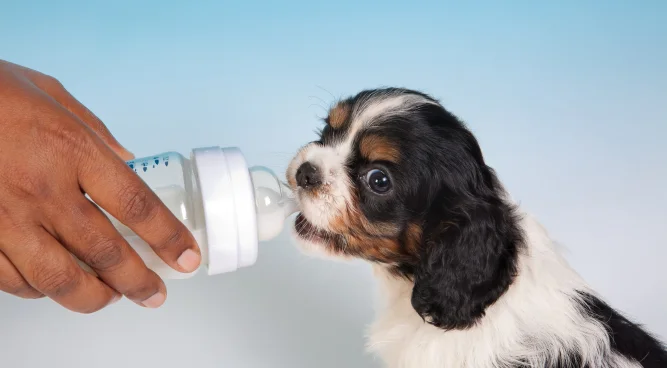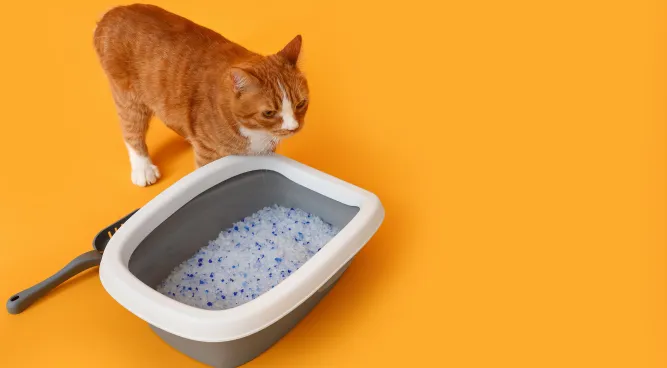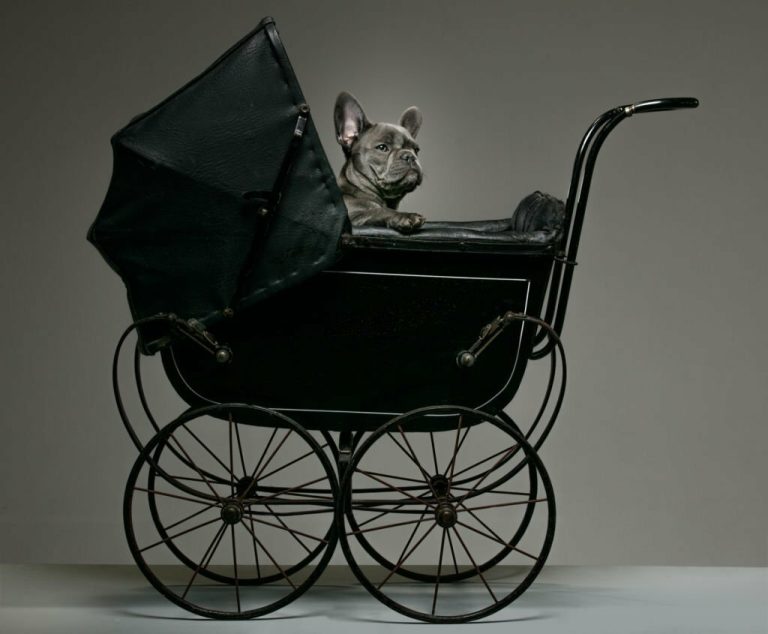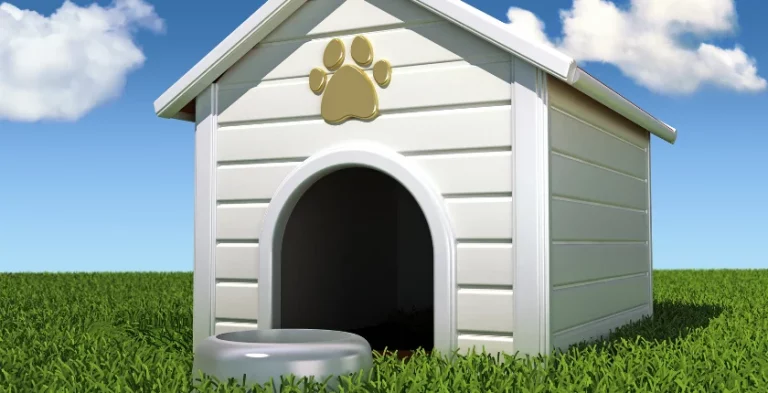Can Cats Eat Dandelions? What You Need To Know As a Cat Owner
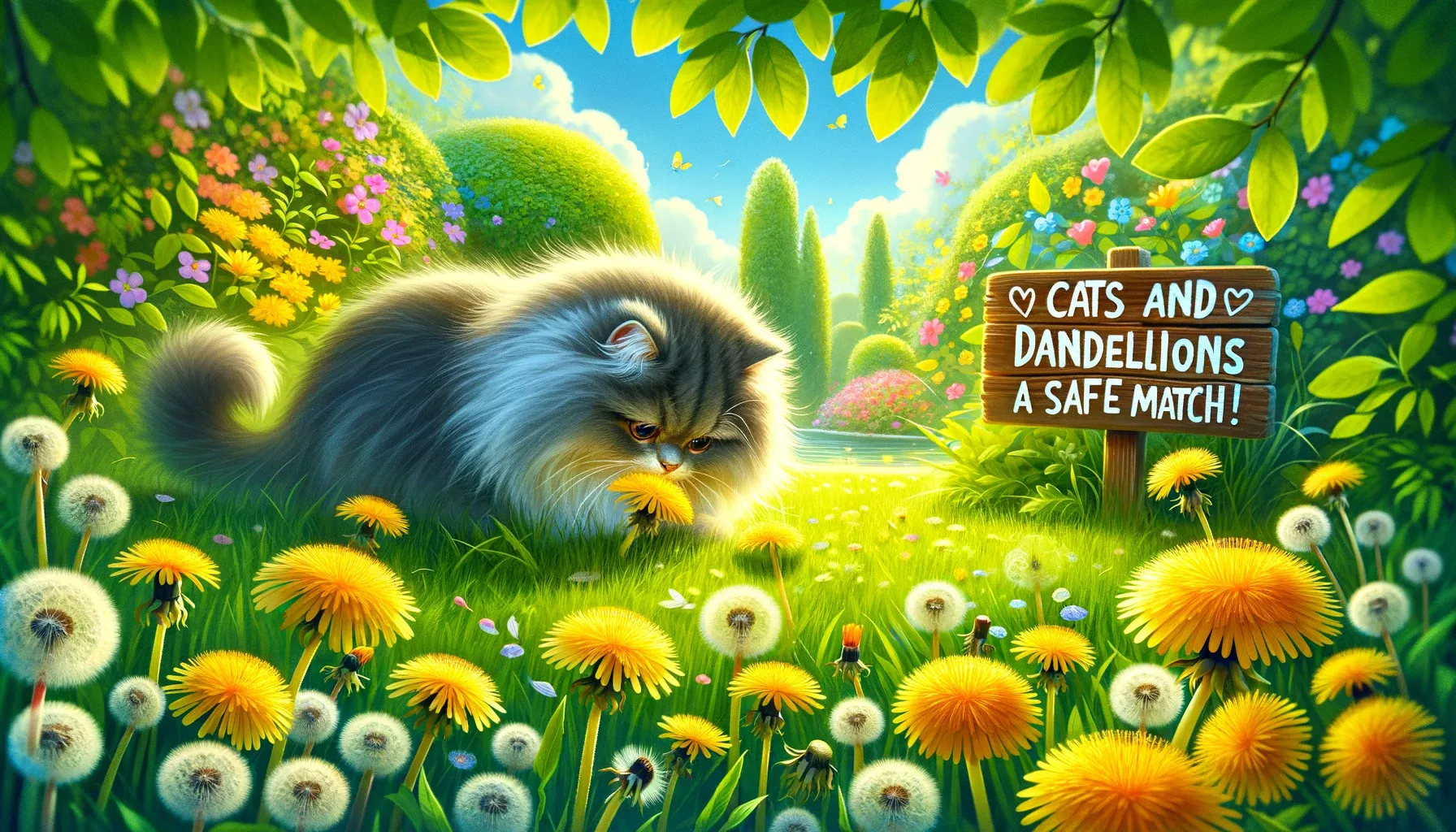
Table of Contents
Discover the world of feline culinary preferences: Can Cats Eat Dandelions? Uncover the nutritional value and potential benefits or risks of introducing these vibrant flowers into your cat’s diet.
In the enchanting tapestry of nature, dandelions stand as resilient symbols of childhood whimsy, their seeds dancing on the breeze. Yet, as pet owners, we often find ourselves questioning the safety of these vibrant blooms for our beloved dogs and cats. Join us on a journey through this exploration as we unravel the mysteries surrounding dandelions—examining whether they pose any threat to our furry companions and discovering the potential health benefits they might offer. Let’s delve into the verdant world of dandelions and determine whether these resilient weeds are truly harmful or, surprisingly, health boosters for our pets.
Can Cats Eat Dandelions?
Absolutely! Cats can enjoy dandelions in moderation.
Dandelions, with their bright yellow flowers and fluffy white seeds, are a common sight in lawns and meadows. While these hardy plants are often considered weeds, they offer a surprising array of benefits for both humans and animals. For cats in particular, dandelions can be a safe and healthy treat when consumed in moderation.
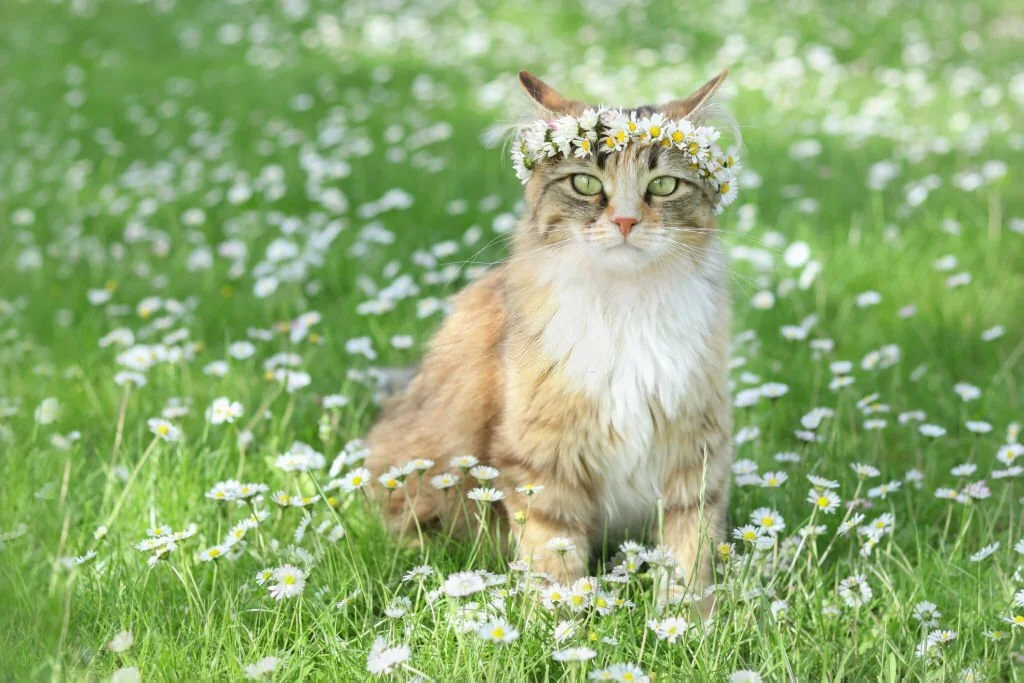
The leaves, flowers, and roots of dandelions are all edible for cats, and when consumed in small amounts, they can provide a variety of nutrients, including vitamins A, C, and K, as well as minerals such as potassium, calcium, and iron. Dandelions are also a good source of fiber, which can aid in digestion and help regulate bowel movements.
Are Dandelions Harmful to Your Furry Friends?
Dandelions, often associated with whimsical childhood memories of scattering seeds in the air, may spark concerns about their safety for our beloved pets. In this comprehensive exploration, we delve into whether these resilient weeds pose any harm to dogs or cats and if they offer any health benefits.
An amazing post to read about a cat that can’t walk after gabapentin
The Safety of Dandelions for Dogs and Cats
Contrary to common worries, dandelions are not poisonous to dogs or cats. These vibrant yellow flowers harbor no toxins, ensuring that even if your furry friend indulges in a nibble, there’s no cause for alarm.
For centuries, indigenous cultures, such as Native Americans, utilized dandelions for both culinary and medicinal purposes. The plant was brewed into tea, revered as a health tonic addressing various issues like heartburn, skin problems, stomach ailments, and edema.
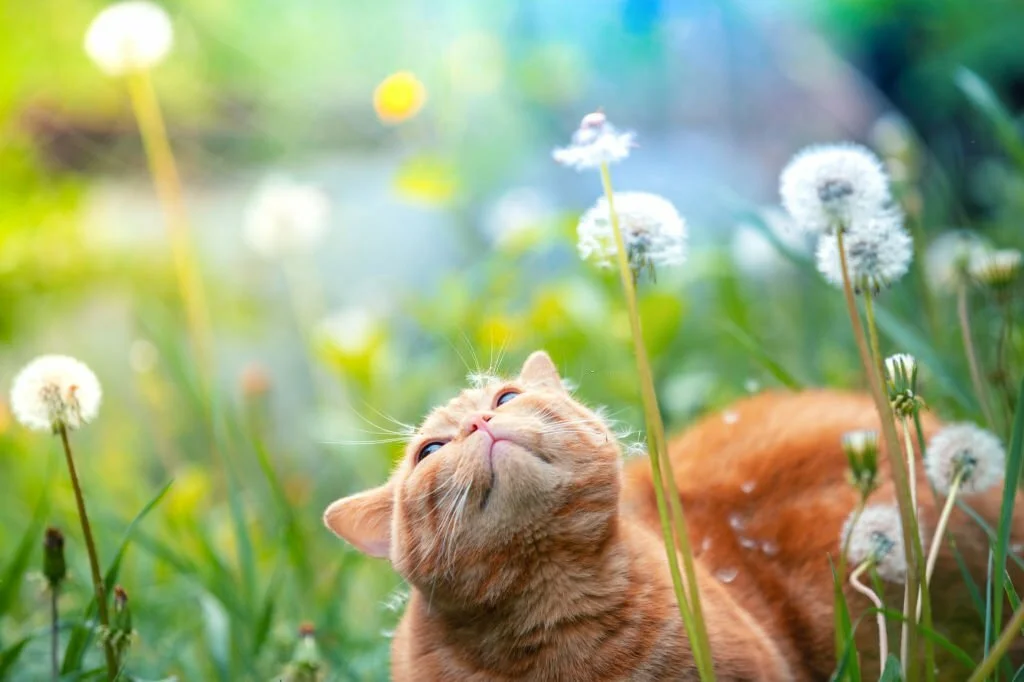
Nutritional Bounty of Dandelions
Dandelions boast a rich nutritional profile, featuring high concentrations of the B-vitamin complex, vitamins A-C-D-K complex, and essential minerals like iron and manganese. The Italian Dandelion, known as “Italico Rosso,” offers red and green varieties, both considered edible and commercially grown in the United States.
While the health benefits of dandelions are noteworthy, moderation is key. Consider them as a treat or occasional snack for your pets, ensuring a balanced diet.
Unveiling the Health Benefits
Dandelion Benefits for Dogs
Dandelions extend antioxidant properties, enhancing the immune system of your canine companion. The advantages don’t stop there:
- Digestive Soothing: Dandelion leaves can alleviate upset stomachs by soothing the digestive tract.
- Kidney and Digestive Health: The roots act as natural diuretics, beneficial for flushing out your dog’s kidneys and digestive tract.
- Potassium Source: Dandelions provide a reliable source of potassium.
- Specific Ailments: Dogs with kidney stones, gallbladder issues, arthritis, or congestive heart failure can find relief through dandelion consumption.
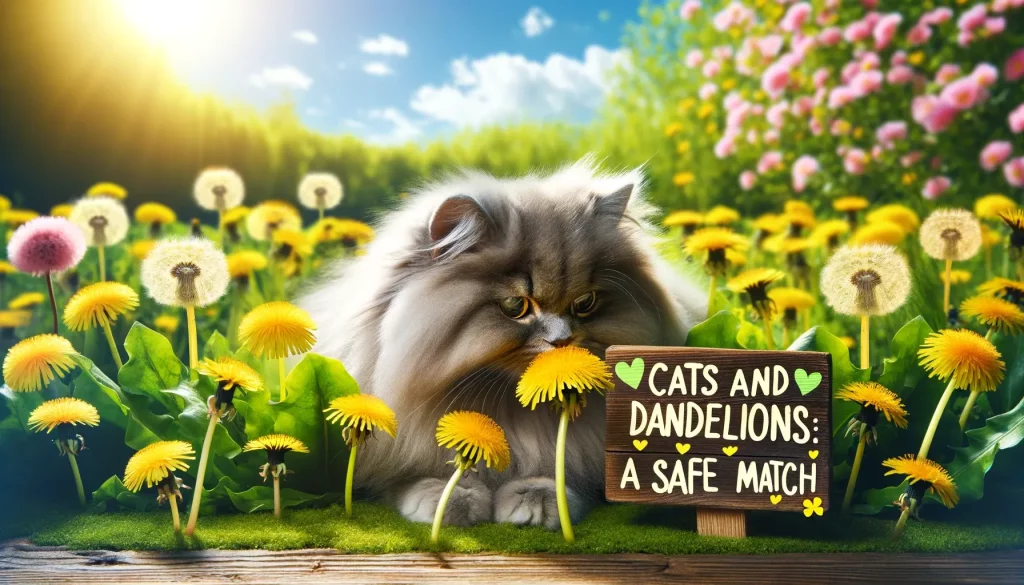
Always consult your vet before incorporating dandelions into your pet’s diet, tailoring it to their specific needs.
Dandelion Benefits for Cats
Dandelions are equally beneficial for cats, offering:
- Vitamin Boost: With vitamins A, D, and B, dandelions contribute to your cat’s overall health.
- Minerals and Proteins: The plant contains essential minerals and proteins.
- Digestive Aid: Dandelions can assist in managing digestion issues.
As with dogs, moderation is crucial. Consult your vet for dosing recommendations before allowing your cat to indulge in this plant.
Cautionary Notes: When Dandelions Become a Concern
While dandelions bring numerous benefits, excessive consumption can lead to issues for your pets. Watch out for symptoms like vomiting, diarrhea, lethargy, or skin irritation. If observed, contact your veterinarian promptly to address any adverse reactions.
The Pet-Friendly Parts of Dandelion
In holistic veterinary practices, dandelions are used strategically:
- Roots: Enhance bile production and circulation in the liver, aiding digestion and detoxification.
- Leaves: Act as a diuretic, eliminating excess fluids and stimulating appetite while aiding digestion.
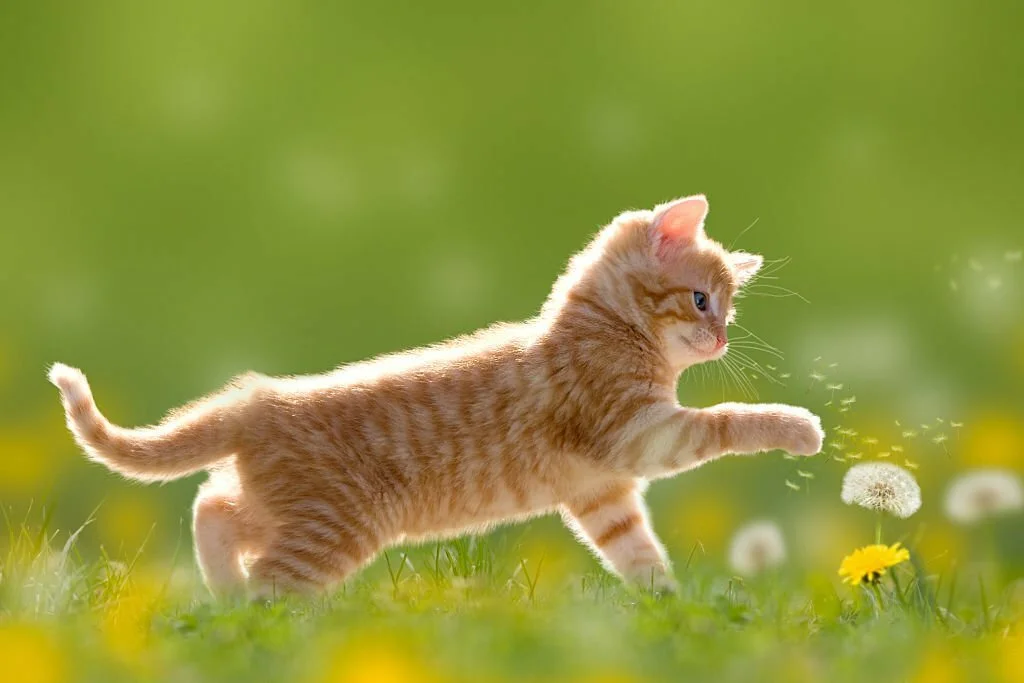
Embracing Dandelions as Pet-Friendly Treats
Surprisingly, dandelions emerge as nearly perfect treats for dogs and cats, offering vitamins, minerals, and detoxifying properties. Abundantly growing outdoors, they provide an accessible, wholesome option for your pets.
As a responsible pet owner, always consult your veterinarian before introducing human food, plants, or perennials like dandelions into your pet’s diet. It ensures a tailored approach, considering your pet’s individual health needs and promoting their overall well-being.
Final Words
As we conclude our journey through the world of dandelions, we emerge with a newfound appreciation for these ubiquitous weeds. Contrary to concerns, dandelions are not only harmless but potentially beneficial for our four-legged friends. From antioxidant-rich leaves to roots aiding in kidney health, dandelions offer a tapestry of health benefits when embraced in moderation. Yet, as responsible pet owners, consulting our trusted veterinarians remains paramount, ensuring tailored care that aligns with our pets’ individual needs. So, let the vibrant petals of dandelions be a reminder—a reminder that nature, even in the form of a resilient weed, can contribute to the well-being of our cherished companions.
FAQs
What does dandelion do for cats?
Dandelion may act as a natural diuretic for cats, promoting kidney health and aiding in digestion.
Why is my cat eating dandelions?
Cats might be attracted to dandelions due to their appealing scent, potential nutritional benefits, or simply out of curiosity.
Do cats like the smell of dandelions?
Yes, many cats are attracted to the scent of dandelions, which can pique their interest and lead to exploration or consumption.
Is dandelion good for pets?
In moderation, dandelion can offer health benefits for pets, supporting liver and urinary tract function.
Is any part of the dandelion poisonous?
No, generally all parts of the dandelion plant are considered safe for cats and dogs when consumed in moderation.


